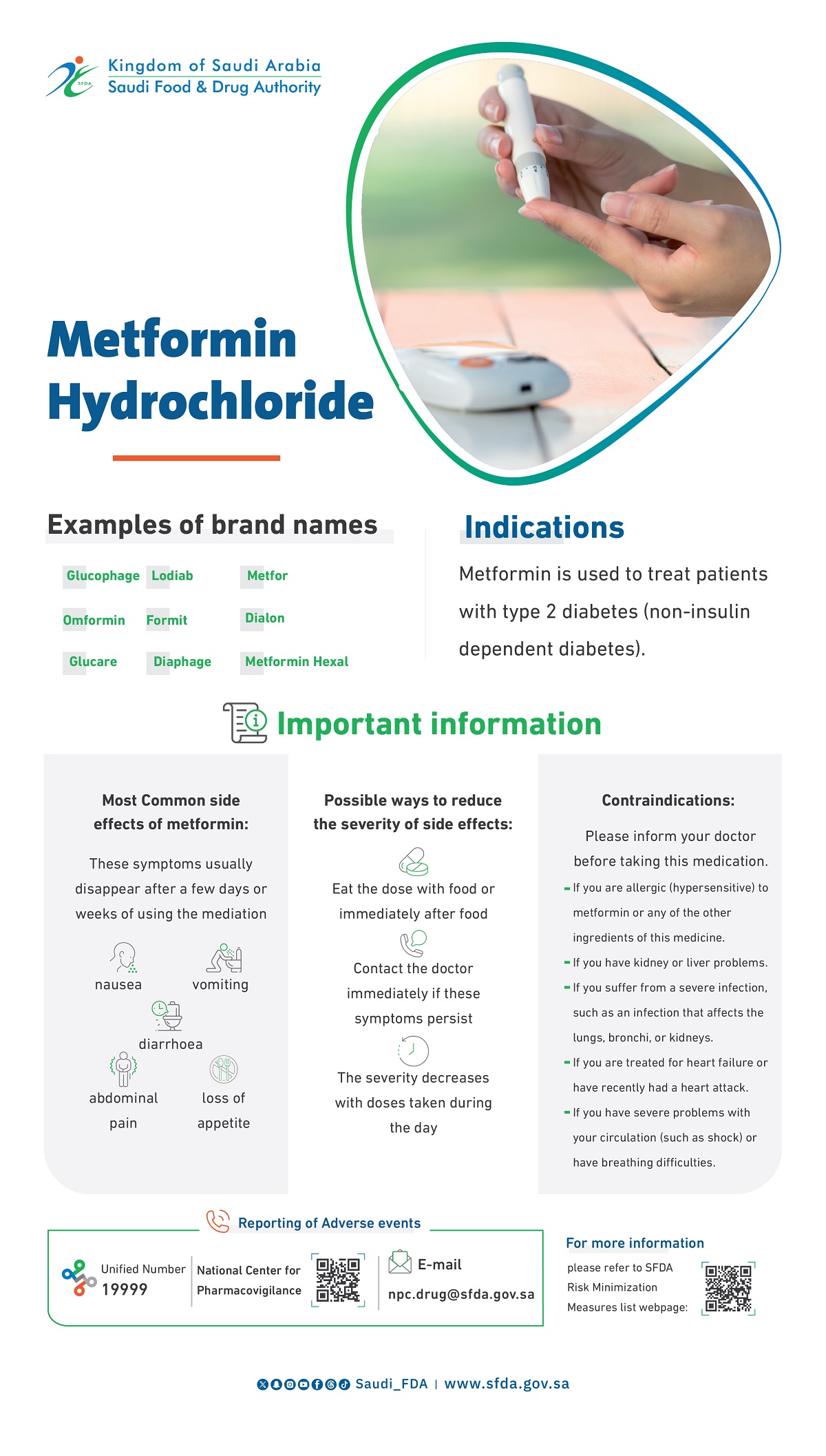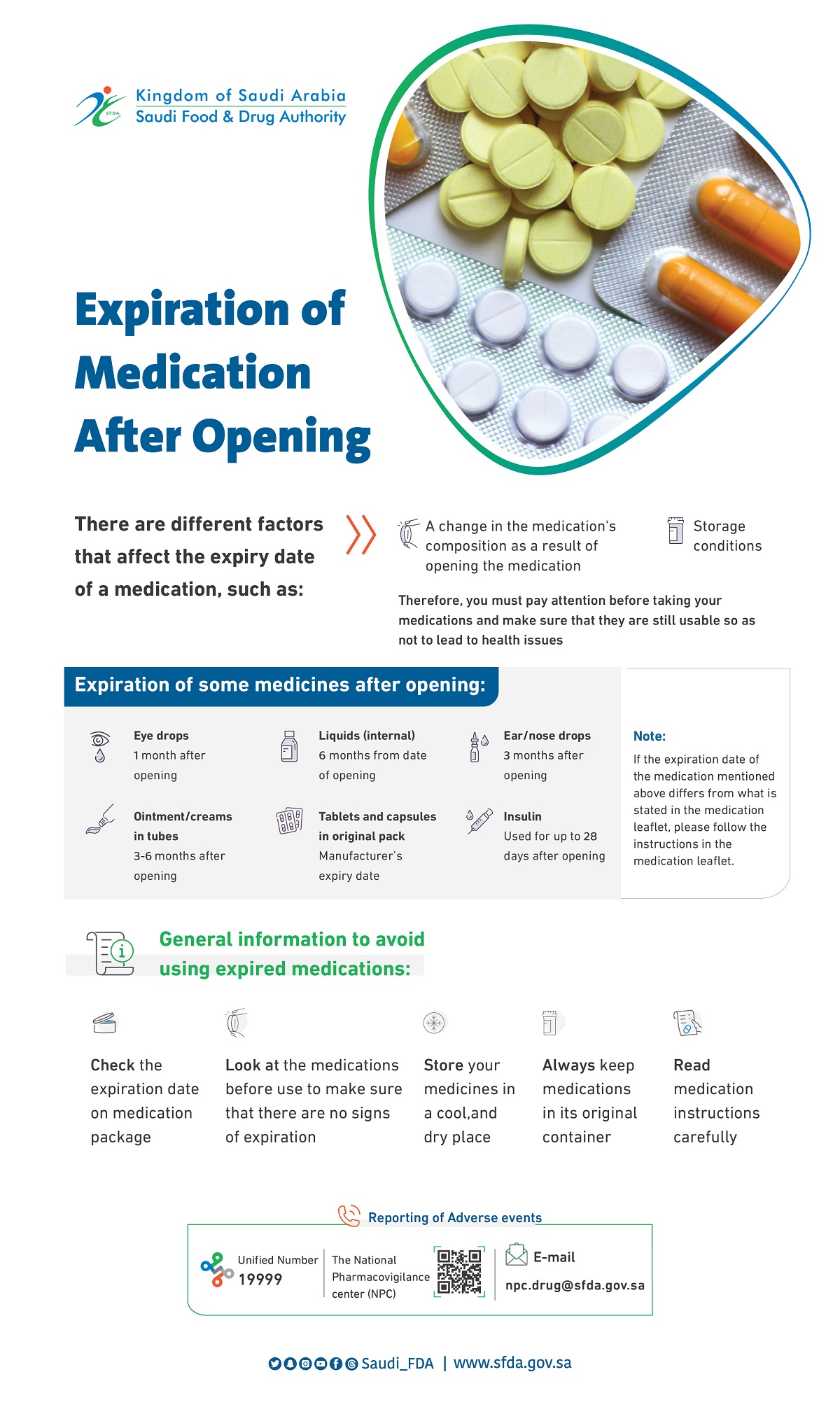
Effects of darbepoetin α on ventricular systolic and diastolic function in anemic patients with chronic heart failure secondary to ischemic or idiopathic dilated cardiomyopathy
Effects of darbepoetin α on ventricular systolic and diastolic function in anemic patients with chronic heart failure secondary to ischemic or idiopathic dilated cardiomyopathy
Effects of darbepoetin α on ventricular systolic and diastolic function in anemic patients with chronic heart failure secondary to ischemic or idiopathic dilated cardiomyopathy
2008-04-23
Anemia is a frequent condition in chronic heart failure (CHF) that affects adversely long-term cardiac outcomes. Authors sought to investigate the effects of recombinant human erythropoietin analogue darbepoetin α on left (LV) and right ventricular (RV) function and neurohormonal activation in patients with CHF and anemia.
Thirty-two CHF patients (New York Heart Association class II-III, LV ejection fraction [EF] <40%, hemoglobin level <12.5 g/dL, serum creatinine level <2.5 mg/dL) were randomized (2:1) to receive either a 3-month darbepoetin α regimen at 1.5 μg/kg every 20 days plus oral iron (n = 21) or placebo plus oral iron (n = 11). Echocardiographic indices of LV systolic and diastolic function and RV function, plasma B-type natriuretic peptide (BNP) and 6-minute walked distance were assessed at baseline and posttreatment.
Regarding LV function, only treatment with darbepoetin α caused a significant improvement in LVEF (F = 22.001, P < .001), end-systolic wall stress (F = 4.934, P = .034), mitral annulus systolic displacement (F = 6.710, P < .015), isovolumic relaxation time (F = 4.909, P = .035), and E/e ratio (F = 7.833, P = .009). The RV systolic pressure (F = 7.715, P = .009) as well as tricuspid annulus systolic displacement and RVEF (F = 9.264, P = .005) were significantly improved only in the darbepoetin α group. Darbepoetin α had alsο α beneficial effect on New York Heart Association class (F = 14.586, P = .001), plasma BNP (F = 14.781, P = .001), and 6-minute walk test (F = 19.926, P < .001), whereas these parameters did not significantly change in the placebo-treated patients.
Darbepoetin α improves both LV and RV performance and exercise capacity and counteracts neurohormonal activation in CHF patients with anemia. The drug effects on LV diastolic function, RV function, and LV end-systolic wall stress, in particular, are novel findings, with a potential important contribution to patients' symptomatic improvement.
Source: AMERICAN HEART JOURNAL April 2008 - 155 (4): 751.e1-751.e7





